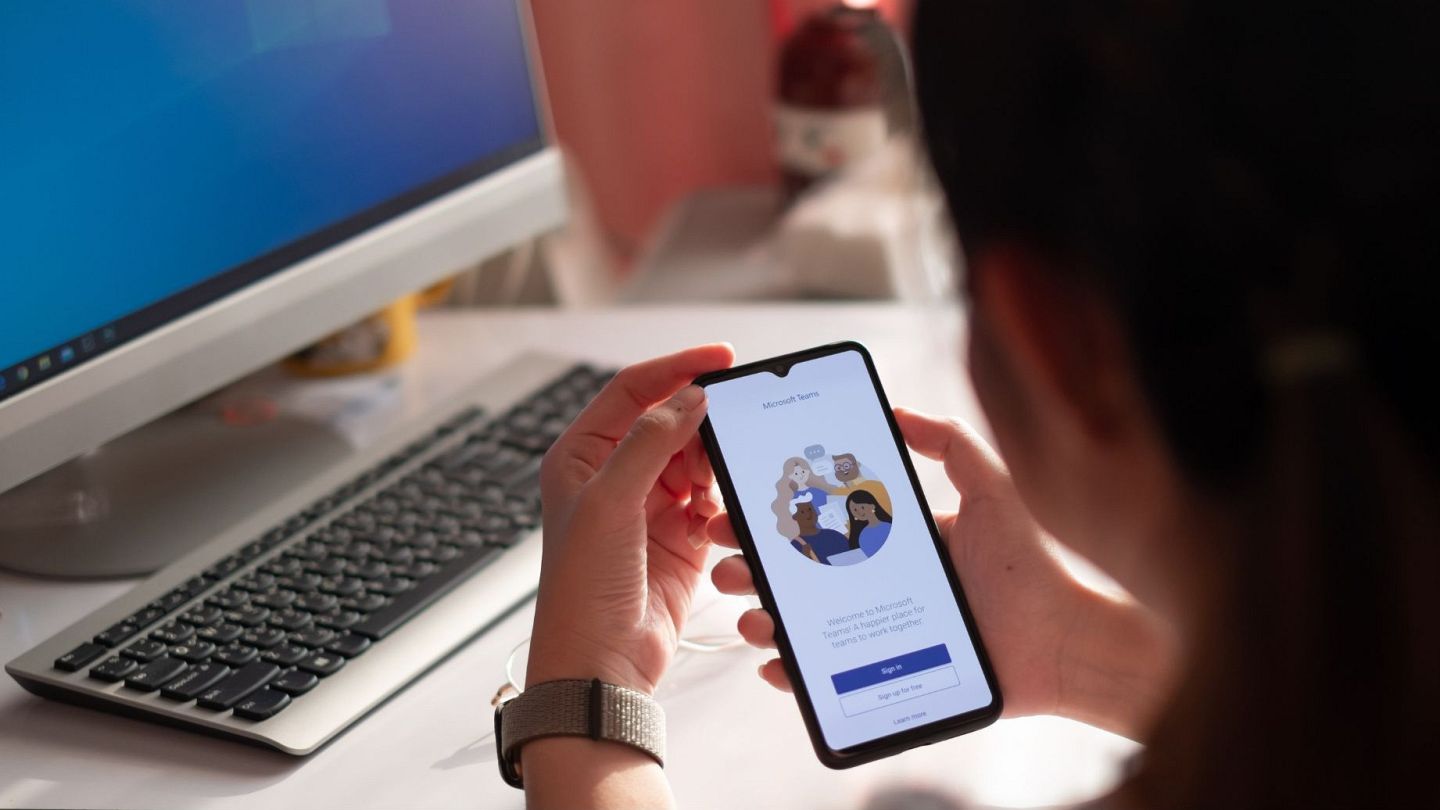
Microsoft is encouraging people to talk to their laptops as it rolls out new artificial intelligence (AI) updates to Windows 11 and pushes users to phase out its predecessor, Windows 10.
Microsoft ended free security support for Windows 10 this week, though millions of people still use personal computers running the older operating system.
To entice people to upgrade, the software giant on Thursday announced new Windows 11 features, most of them further integrating the company’s AI chatbot, Copilot, into the experience of using a laptop.
Among the features is a voice mode that enables users to dictate “Hey, Copilot” to start chatting with their computer instead of typing or clicking a touchpad.
Microsoft first introduced Windows 10 a decade ago and launched its successor, Windows 11, in 2021.
Security support to remain for EU users
But many people around the world still are using Windows 10, particularly those with older computers that can’t upgrade to Windows 11. Consumer advocates have spent months petitioning Microsoft to extend technical support for an estimated hundreds of millions of devices that will no longer get automatic security fixes.
“With the end of Windows 10, users face the choice between exposing themselves to cyberattacks or discarding their old computers and buying new ones,” said Brenna Stevens of the Oregon State Public Interest Research Group in the United States.
Microsoft has said people can pay extra for a year of extended security support through October 2026.
Some users, including those in the European Union as well as US users who can synchronise with Microsoft’s cloud service, will be able to get that extended support for free.
AI upgrades in Windows 11
Those concerns were not a focus of Microsoft’s Windows 11 announcements on Thursday.
Instead, Yusuf Mehdi, an executive vice president and chief marketing officer for Microsoft’s consumer division, argued that conversing with a laptop will be “as transformative as the mouse and keyboard” in shaping the PC experience.
Microsoft says all Windows 11 users will also now have access to Copilot Vision, an AI feature that can analyse and give feedback on the documents, video games, and other activities happening on the screen.
Mehdi acknowledged it could take some adjustment to get used to human-computer conversations in shared workspaces.
“Just like when the mouse came out, people have to figure out when to use it, what’s the right way, how to make it happen,” Mehdi told reporters.
The updates are Microsoft’s latest attempt to make its widely used Windows operating system a gateway to hook people on its suite of generative AI tools. The tech giant competes heavily on AI services with Apple, Google, and startups like Anthropic and OpenAI.
Mehdi said the updates are “not a replacement for Recall,” a screen-tracking feature on some Windows computers that gives Copilot a “photographic memory” of a user’s virtual activity.
Microsoft CEO Satya Nadella described it last year as a step toward machines that “instantly see us, hear, reason about our intent and our surroundings,” but the idea was met with criticism from privacy and security experts and took a year before it started to roll out.